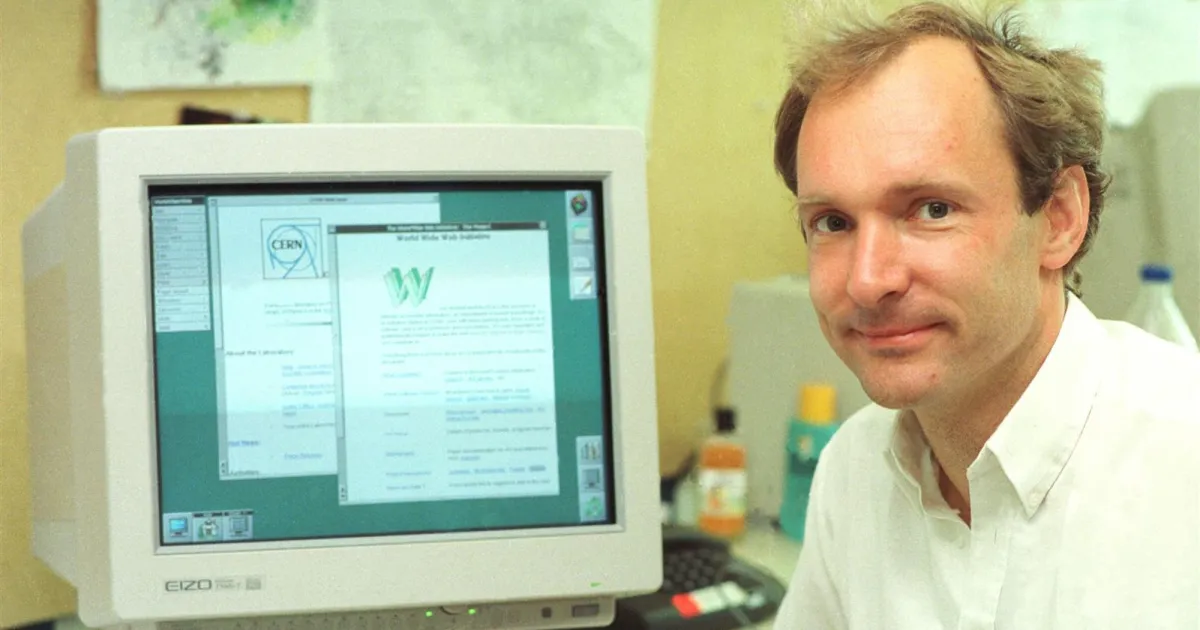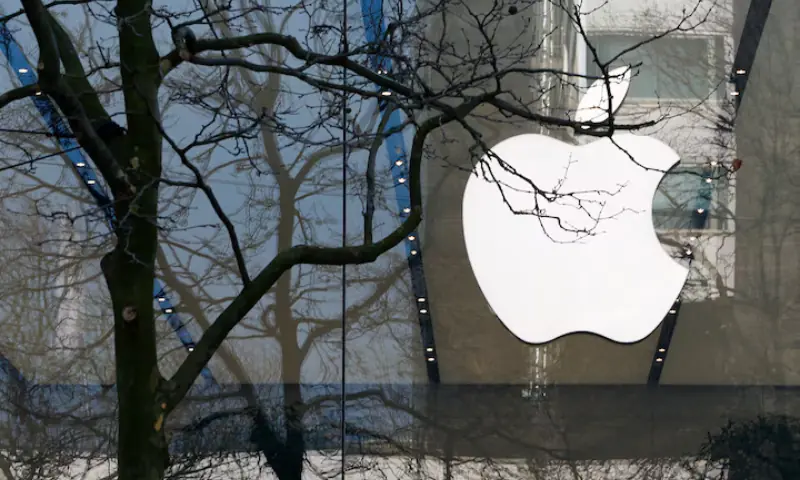
Sir Tim Berners-Lee, the creator of the World Wide Web, laid the foundations of the internet as we know it in 1989. The mind behind pioneering ideas such as HTTP and URL, Berners-Lee decided to make the source code freely available without any royalty fees involved. Now, he is shedding more light on his decision to do so.
The big picture
“For the web to have everything on it, everyone had to be able to use it, and want to do so. This was already asking a lot. I couldn’t also ask that they pay for each search or upload they made. In order to succeed, therefore, it would have to be free,” he wrote in an article on The Guardian.
Berners-Lee adds that he wanted the World Wide Web to work for everyone, and for that to happen, it was imperative to make it freely accessible. In an interview, he previously explained that if the technology was kept proprietary within his tight grasp, it wouldn’t have taken off.
Recommended Videos
“You can’t propose that something be a universal space and at the same time keep control of it,” he argued. The final decision to make it all freely available was taken by CERN, where Berners-Lee previously worked, before he established the World Wide Web Consortium (W3C) at the Massachusetts Institute of Technology in 1994.
The regret
In his latest article, Berners-Lee notes that a free internet was supposed to spur creativity and collaboration on a worldwide platform. But the vision, however, has turned into something else. “Today, I look at my invention and I am forced to ask: is the web still free today? No, not all of it,” he writes.
Berners-Lee cites large tech platforms, which are now harvesting a vast cache of users’ personal data and then selling it to brokers online and governments, opening the doors for surveillance and repression. He also blames the rise of algorithms, especially those on social media, that are causing all kinds of harm to young minds.
“Trading personal data for use certainly does not fit with my vision for a free web,” he adds. Berners-Lee further argues that the average internet user is no longer a customer, but has become the product, adding that somewhere between the first iteration of the internet and its rebirth in the social media age, “we took the wrong path.”



